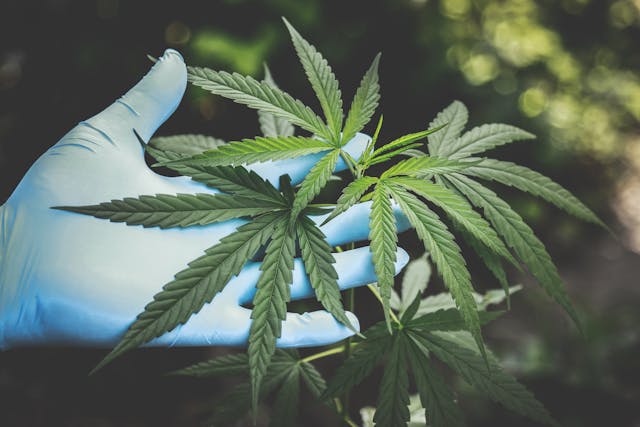Half a million dollars. That’s the scale of ambition left for hemp in Washington today. Democrat Sen. Amy Klobuchar is touting $500,000 set aside in an appropriations bill for hemp research in her state – Minnesota, if it survives the House and presidential signature.
Is this what the U.S. hemp industry is reduced to: hoping a fraction of a fraction of one percent of federal agricultural research spending actually makes it through the process?
The tragedy is that only months ago, hemp was included in one of the most promising federal initiatives in decades: the Partnerships for Climate-Smart Commodities. That program—funded at $3.1 billion—allocated a modest but symbolically vital $35 million for hemp-specific projects.
What’s been lost
Five multi-year consortia were launched, pairing universities, farmer cooperatives, and startups to test hemp’s role in carbon sequestration, climate-resilient crop rotations, bioplastics, and natural fibers.
These weren’t speculative dreams. They were carefully constructed, cost-shared research projects meant to provide open data, establish climate-smart standards, and expand market access.
All of it remains uncertain. The Trump administration has frozen reimbursements across the Climate-Smart program, leaving farmers, universities, and companies in the lurch. For hemp, the freeze risks wiping out the very projects that were meant to give the crop a credible footing in carbon markets and sustainable supply chains. The funds are being relabeled and redistributed in support of farming, but under sharply tightened conditions that disqualify many of the original partnerships.
Read more at Hemp Today







